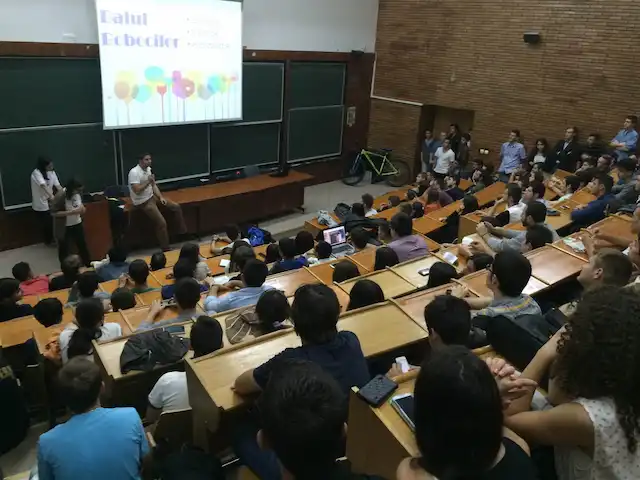Plagiarism Prevention and Combat Strategy
The strategy for preventing and combating plagiarismsets clear objectives for an ethical conduct of the researchers and upholds the university's commitment to the ethical principles recognised by the European Charter and the Code once again. The strategy embodies highly concrete measures to raise awareness, prevent and detect plagiarism. The Career Development Framework (i.e., ACADEME) also integrates actions addressing early-stage career researchers. All the students in the Master's cycle attend the annual Ethics in Research courses included in the study programmes.


